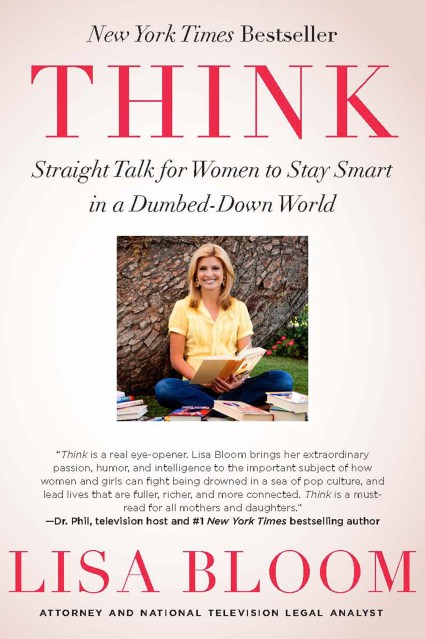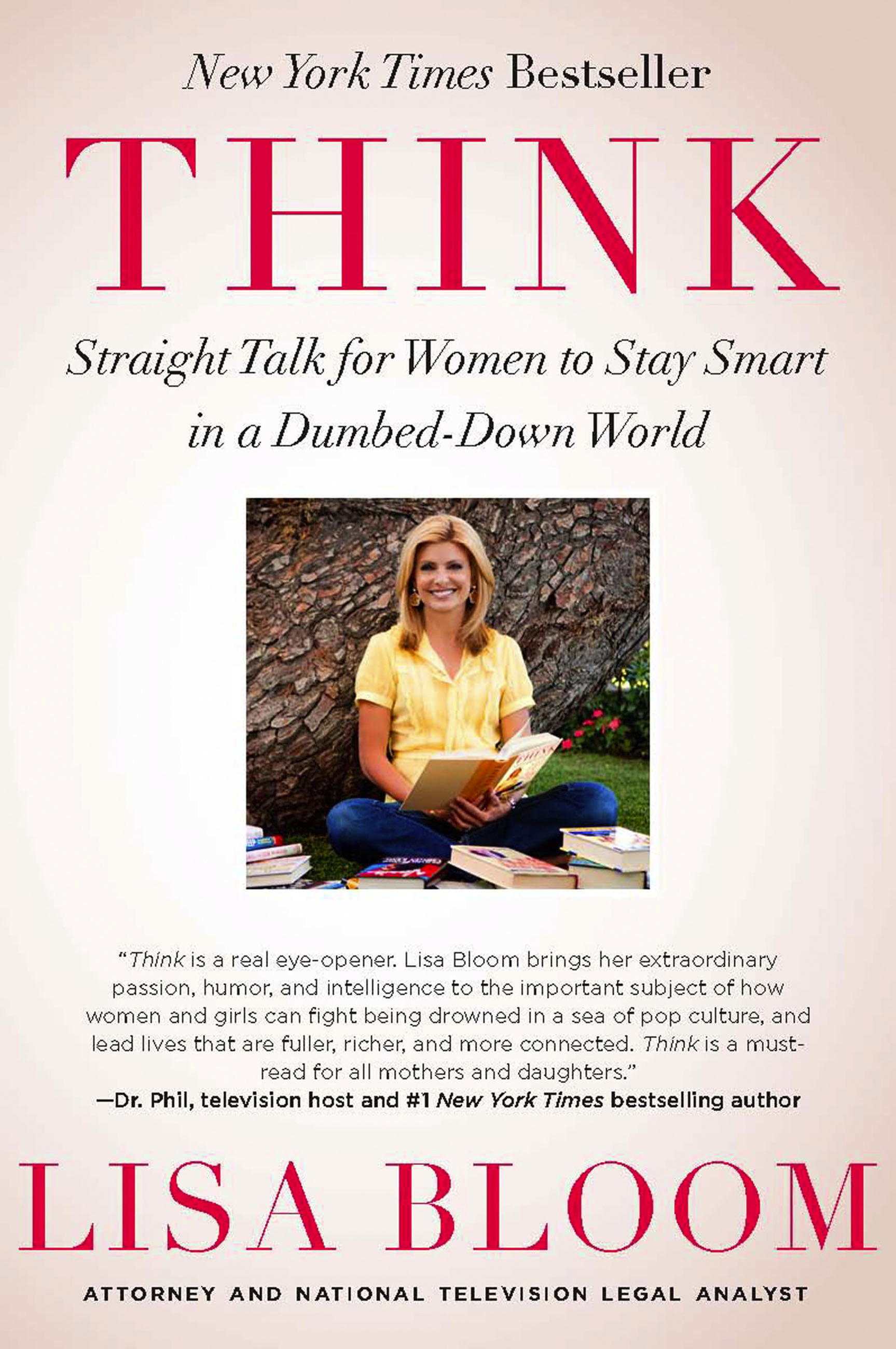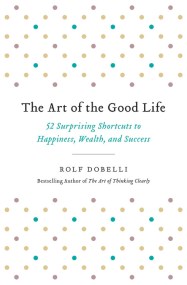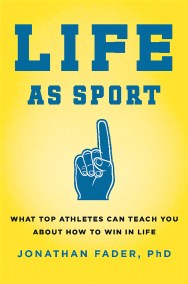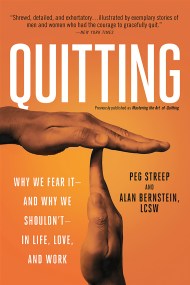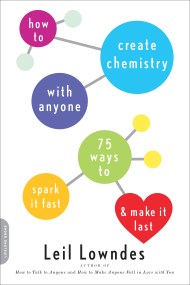By clicking “Accept,” you agree to the use of cookies and similar technologies on your device as set forth in our Cookie Policy and our Privacy Policy. Please note that certain cookies are essential for this website to function properly and do not require user consent to be deployed.
Think
Straight Talk for Women to Stay Smart in a Dumbed-Down World
Contributors
By Lisa Bloom
Formats and Prices
- On Sale
- Apr 3, 2012
- Page Count
- 288 pages
- Publisher
- Hachette Books
- ISBN-13
- 9781593157098
Price
$21.99Price
$28.99 CADFormat
Format:
Trade Paperback $21.99 $28.99 CADThis item is a preorder. Your payment method will be charged immediately, and the product is expected to ship on or around April 3, 2012. This date is subject to change due to shipping delays beyond our control.
Buy from Other Retailers:
Bloom wonders: How did we get from the Equal Pay Act and Title IX to celebutainment and Botox, and what can we do about it?
Bloom proffers the solution: one simple word, Think.
In this provocative, entertaining, and thoroughly researched book, Bloom illuminates specific steps for women to take to reclaim their brains, regain their focus, and take charge of their lives. Think is delivered in a no-nonsense, straight-talk manner that will make you laugh, question yourself, and start thinking again.
Newsletter Signup
By clicking ‘Sign Up,’ I acknowledge that I have read and agree to Hachette Book Group’s Privacy Policy and Terms of Use
